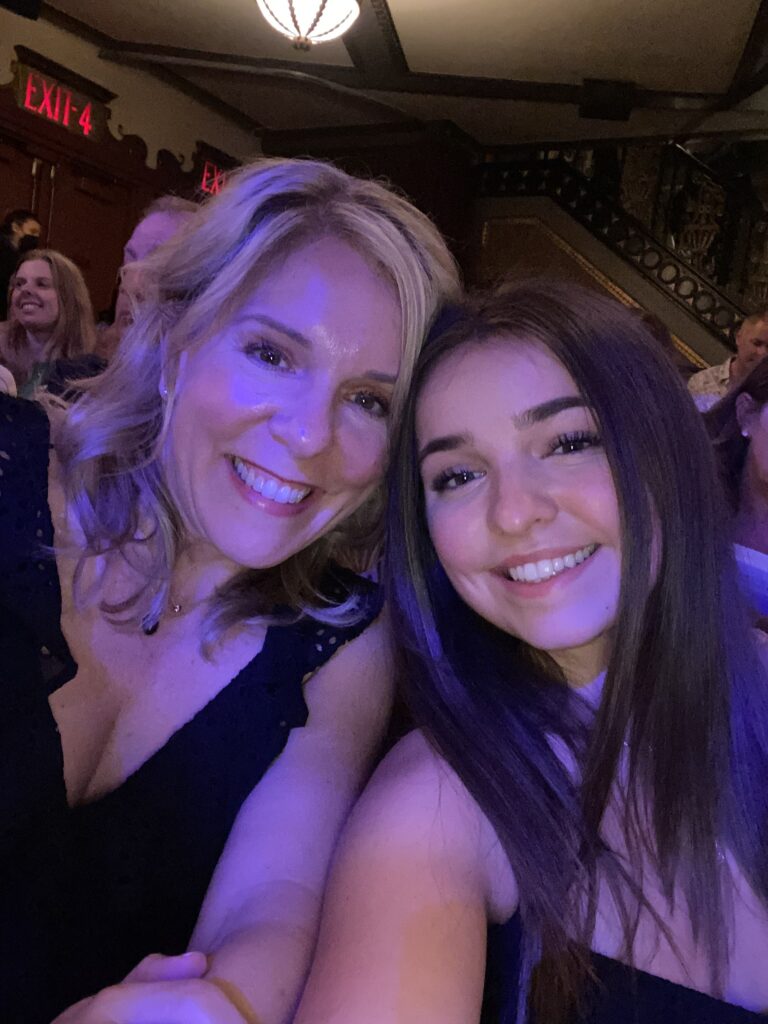
Hey Friends,
If you’re like me and you live in the Pacific Northwest, you’ve endured a long month of snow and ice storms, school delays, and treacherous outings. Even if you’re not in my neck-of-the-woods, January has felt FOREVER long.
Amidst the snow and ice storms, what are bored kids and teenagers to do? Sled and play, of course. A couple of weeks ago, my daughter ventured out with friends to sled. With school closed and bodies restless, she and some friends decided to don warm clothes and play in the snow. Sounds fun, right? Except for a few key errors:
- Being towed on a sled
- Behind a truck
- On slick ice
- In a crowded neighborhood
We received a call one Sunday afternoon, or should I say, my husband received a call. Here’s all I heard on my end:
- “Are you ok?”
- “Do you need to go to the E.R.?”
- “Are your friends ok?”
- “Is the truck ok?”
My heart began racing and readying myself, should we need to head out to get her. My husband gave me a look of relief and reassurance. My daughter called me a bit later to let me know she was back in her room, resting. She had been thrown from a sled as the truck that was pulling her rounded a corner. She slammed into a parked car and suffered a bump to the head (they were wearing ski helmets!) and a huge bruise to her shoulder and upper arm, which took the brunt of the impact. First round – she called my husband who’s level-headed during stress, knows the law, and places her safety as paramount. Second round – she called me for love, reassurance, and advice about wound care. Her friends were worried about our disappointment, our tsk-tsk, and the possibility of disapproval. But they found none. They were worried that we would belittle them for being reckless. But we did no such thing.
You see, my oldest child is the hardest on herself. She doesn’t need anyone else to add to her frustration or self-awareness about her mistakes. At nineteen, she knew who and when to call to get her needs met. Thank goodness. I walked her through anti-inflammatories, ice, rest and then simply reassured her that we were glad she was safe. She already knew that what she had done could have ended up much worse. Had we told her that, she would have been physically hurt AND emotionally beat up. No need for that.
When she drove home the following day, roads a bit clearer and body sore, she walked into the house and I gave her a big hug. We looked at her arm and I said, “You know, you could have bailed vs. trying to take on a parked car…” and we both laughed. She said, “I was committed!”
When I think about ALL the dumb things I’ve done, the most important part of all of my experiences was having a safe person to confide in, to create felt safety, to support me vs. condemning me. And to thank our lucky stars that it wasn’t much, much worse.
I want my children to make dumb choices now, small ones, and know that they can bring them to me without disdain. If they don’t learn from small acts of recklessness, how will they know that they can solve problems and endure? I also want them to make memories, even that includes a few bruises, so they know they can endure, despite everything.
Tell me, how are you creating space for “almost horrible mistakes”?
Want more? Subscribe for weekly insights from Dr. Amy here!